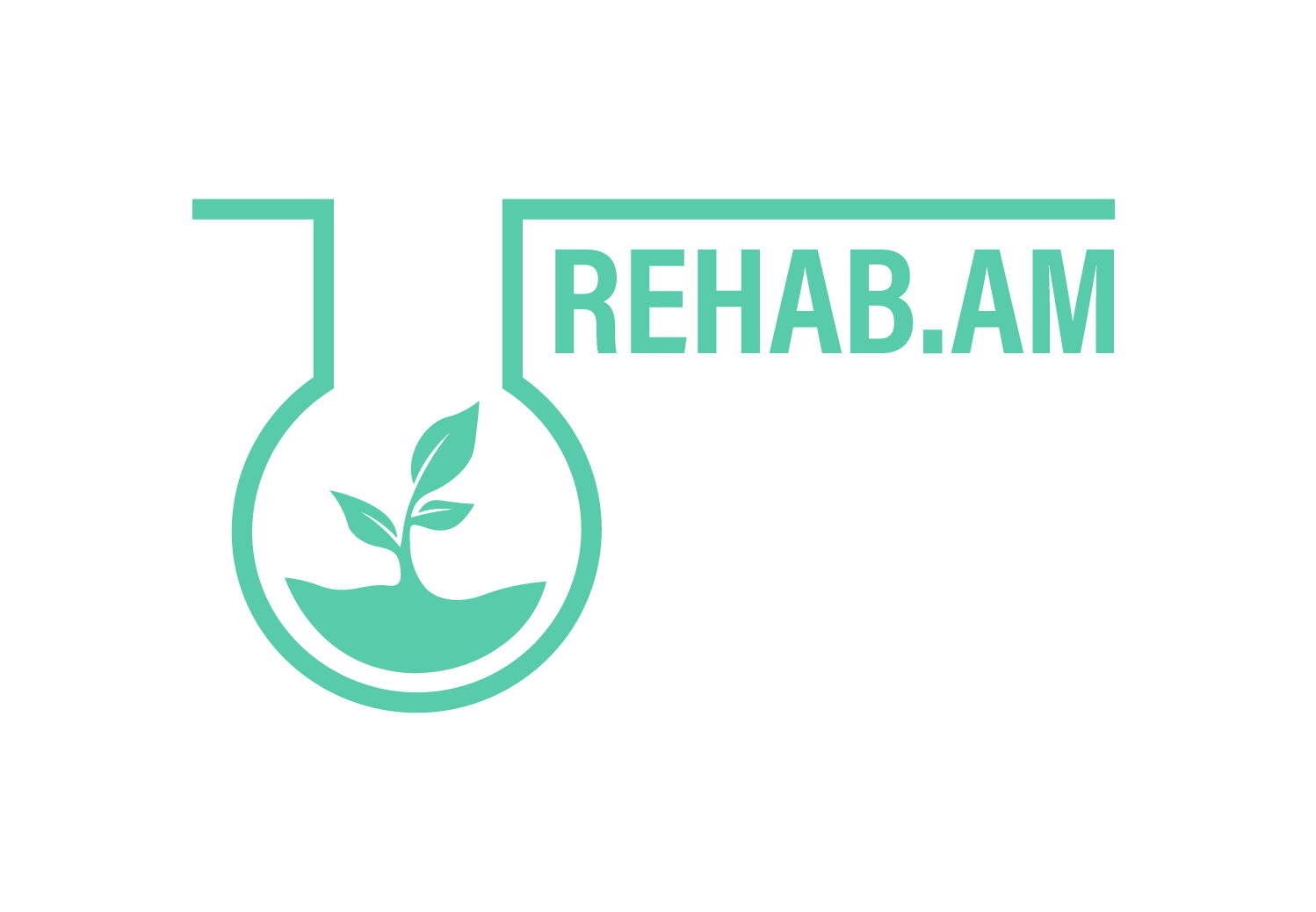In addition to having a detrimental effect on physical health, addiction also causes a number of mental health difficulties. Addiction is a disease that affects not only the body but also the psyche of a person.
The role of a drug treatment clinic or rehabilitation center is important for every person going through the withdrawal process, as they help to cope not only with physical detoxification but also with the hidden psychological problems that accompany addictive disorders.
The concept of addiction
Addiction is not a matter of willpower or moral weakness. It is a chronic disease that makes a person crave substances that cause habitual sensations without thinking about the risks associated with their use.
In addition to substance abuse, addiction can also be behavioral, such as obsession with food, exercise, gambling, and so on.
The development or manifestation of addiction often reflects the interaction of genetic, environmental, and psychological factors.
Narcology clinics and rehabilitation centers pay close attention to these factors and their contribution to the development of addiction and a person’s overall health. Our Center tailors a treatment plan for each individual on the path to rehabilitation.
Psychological support
This is a type of support that helps a person to realize their addiction, starting from the signs, and the main causes and ending with the consequences. By providing therapeutic activities, our Rehabilitation Center also helps the patient to draw their own conclusions and eliminate emotional and mental factors of the existing addiction. In the therapeutic environment of the Center, the patient has the opportunity to learn various coping mechanisms that help them get through withdrawal more easily. These techniques help the individual to cope with stress, and avoid or cope with situations that may lead to relapse.
Self-esteem and anxiety
During the treatment process, the patient may have feelings such as self-hatred, guilt, and shame. This is where individual and group therapy comes to the rescue. In a supportive and non-judgmental environment, the patient will feel safe and empowered to improve their self-esteem, which creates confidence and hope for addiction treatment and recovery.
Family and relationships
In addition to destroying the addict, the disease also has a devastating effect on the rest of the family, worsening or complicating relationships within the family. Family therapy is often a necessary part of psychological support for the addicted person.
It improves communication between family members and the patient, restores broken relationships, creates a favorable environment for the patient at home, and generally helps others understand what addiction is and how to help in the situation.
Associated psychiatric disorders
During the process of substance use, psychoactive substances (PAS) can cause disorders related to the patient’s mental state. In addition, this process can exacerbate and worsen mental health disorders that a person already has. This is a common condition for people with substance dependence, which is also known as dual diagnosis.
Drug treatment clinics and rehab centers provide comprehensive treatment that addresses both disorders – substance abuse and co-occurring mental health disorders. This approach is extremely important for unrecognized and untreated mental disorders, as indifference to them can lead to relapses and generally complicate the withdrawal process.
In conclusion, the process involving treatment of drug addiction or treatment of gambling addiction is a combination of drug therapy, psychological support, and some lifestyle changes. To help a person cope with this problem, it is important to be heard, understood, and supported.
It is important to realize that psychological support is needed even after overall recovery. This is a professional approach that allows the person to maintain the acquired healthy lifestyle. That being said, there is a need for regular attendance at counseling, support groups, and therapy sessions. All of the above processes are recovery tools that help a person maintain sobriety and learn to live a life free of substance use and behavioral addictions.

